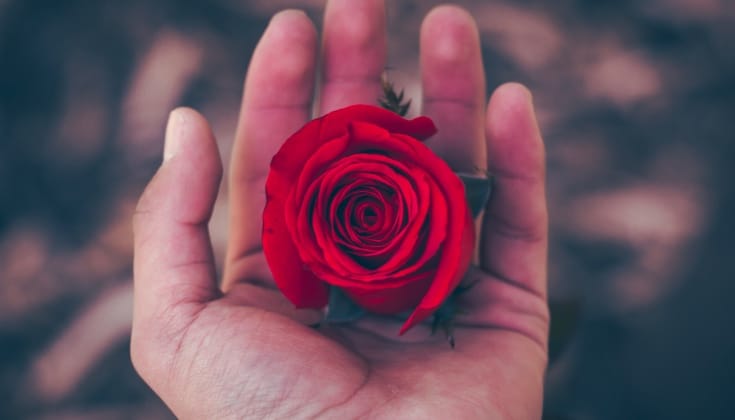In November 2007 I arrived back from a short holiday in the United States to my work as a UN human rights officer in Afghanistan. Days later, the deadliest suicide attack to take place in Afghanistan happened in Baghlan, killing at least 40 adults and three children and maiming more than 60 adults and 60 children. For two days after the bombing I sunk into a despairing sadness for Afghanistan.
But I also managed to listen to teachings Pema Chodron gave during her Practicing Peace in Times of War retreat—and learned a great deal. I had missed Pema’s retreat because I had to stay in Afghanistan to help deal with a humanitarian emergency—a group of thirty families forced off their land by war and facing a bitterly cold winter in battered old tents, with neither electricity nor safe water. But thanks to the kindness of Richard Reoch, who together with Pema had developed the retreat, I got copies of those teachings and listened as I went about my work.
In the first session, Pema referred to a story Richard had told in his opening remarks. He told of a young boy in the wake of the 9/11 attacks asking his Native American grandfather, “What will happen now?” The grandfather responded that it was like there were two wolves fighting inside his heart. One was vengeful, and full of anger —seeking revenge and ready to strike out against the ‘enemy’. The other wolf was filled with love and belief in the basic goodness of all, ready to try and understand and too seek peace. The grandson asked, “Which wolf will win the fight?” His grandfather answered, “The wolf that will win is the one that I choose to feed.”
Pema expanded on this story, explaining that for some of us the first wolf is anger turned inwards — the first wolf may be despairing, numb, feeling incapable of acting in the face of terror and suffering. Just like the angry wolf this wolf will paralyze us from doing our part to make peace.
In the wake of the bombing in Baghlan that week in 2007 I was mindful of the two wolves in my heart. One wolf was the wolf of defeat, angry about apparently endless suffering and violence, the wolf who wants to give up and to stop caring. I didn’t want that wolf to win. So in the midst of sadness, anger, and despair I knew that I had to feed the other wolf—the wolf that is filled with love and hope, and which believes wholeheartedly in my own basic goodness and in the basic goodness of all people.
At that time I had been practicing seated meditation for ten months. Having learned the basic techniques from recordings by Pema, I practiced alone in my room every morning to strengthen my ability to keep my mind settled when strong emotions arose in the course of my work. After a wonderful, unexpected meeting with [Shambhala International president] Richard Reoch, I was able to incorporate some of his advice, including not trying to sit for too long while first establishing my practice.
For me, seated meditation had been a practice in settling the mind, a practice in being fully present. The practice was training me to take a moment to reflect before reacting. It was training me to let go of looking back (holding onto past pains) and to let go of reaching forward (building my expectations for what will be). It was training me to sit still in the moment. As I felt my anger about those many lives taken so violently begin to turn to despair, I knew that meditation was the practice that would help me train in feeding the wolf that I want to win.
That night, as I felt myself sinking into despair about the violence, I knew I needed to choose to train in feeding the hopeful wolf. He needed all the help he could get, because all that was going on around me was strengthening the angry, despairing wolf.
The next morning I woke a little earlier than I needed and sat in meditation for just 15 minutes. It might seem like such a small thing to do in the face of the many people who were killed that week in Baghlan, and the many more who were now facing a life without eyesight, hearing, arms, legs, or the ability to sleep at night. Indeed it was a small thing, but it was my small thing. I will not allow the wolf of despair to win the fight in my heart. So in my walled compound in the middle of a country ravaged by war I sat down on my cushion to practice peace.
I ask you: What is your small thing? What enables you to practice peace in these times of war?
